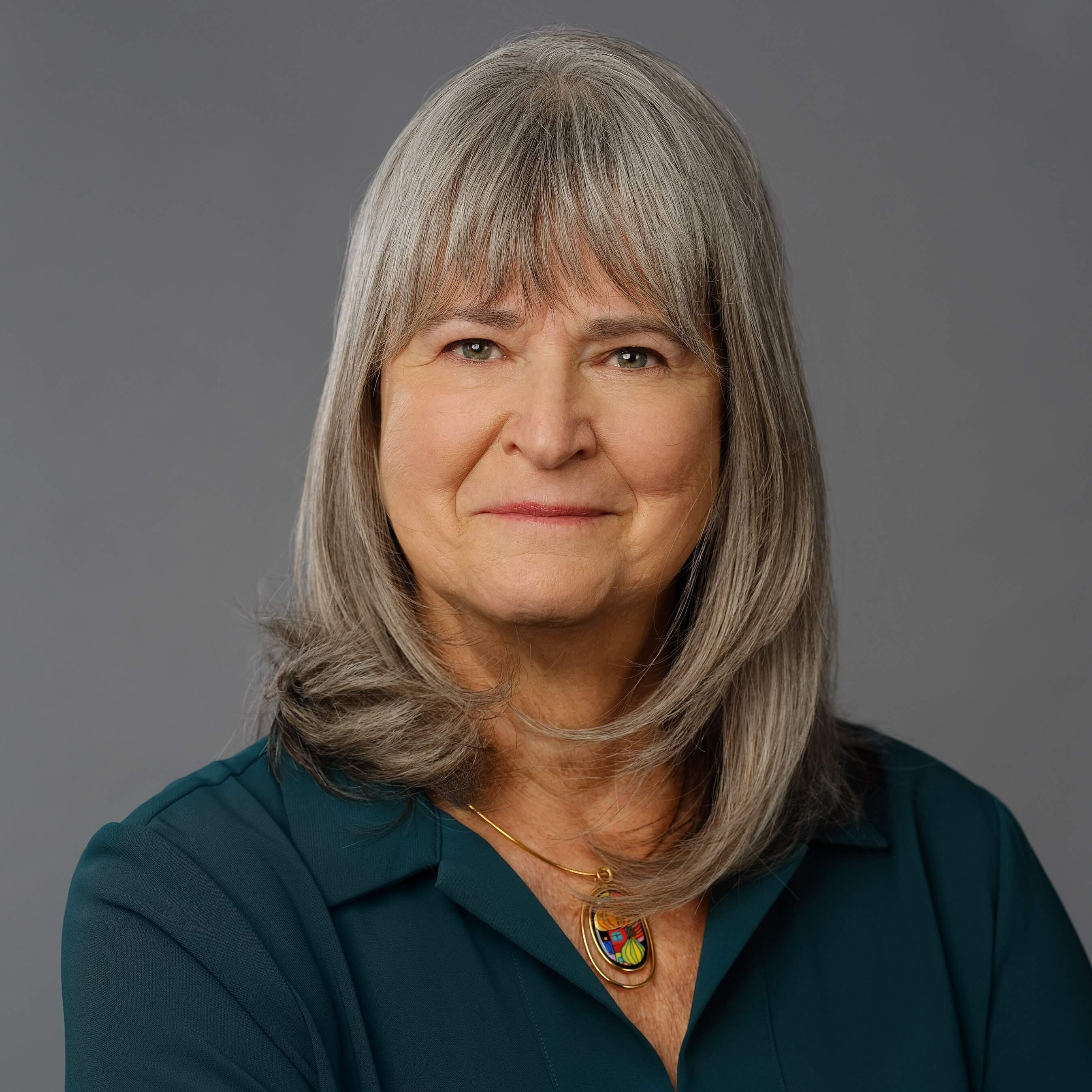The Year Thanksgiving Became a Team Sport

 Thanksgiving has always been my favorite holiday. No gifts, no pressure—just people you care about, gathered around good food, shared laughter, and that comfortable kind of camaraderie that comes from sharing a table together.
Thanksgiving has always been my favorite holiday. No gifts, no pressure—just people you care about, gathered around good food, shared laughter, and that comfortable kind of camaraderie that comes from sharing a table together.
When I first started hosting Thanksgiving in my mid-20s, I went all in. I wanted the experience to be perfect, so everyone else could just show up and enjoy. I considered that my gift to the people I love.
I handled every detail myself—the planning, the shopping, the cooking, the table settings. Looking back, I can see the idealism and the pride woven through those early years. I genuinely believed that doing everything myself was how I made the day meaningful for everyone else.
For more than a decade, that’s exactly how I ran the holiday. After Ricardo and I married, he helped (where I let him) and shook his head a lot, but together we created my version of the perfect holiday.
And then, in my late 30s, life gave me a lesson I didn’t know I needed.
I got sick. Really sick. The kind of illness that knocks the breath out of more than just your lungs. The treatment plan was aggressive and several months long. It was obvious by early November that there was no way I could carry Thanksgiving the way I always had. I resigned myself to the fact we’d have to cancel. Ricardo, I, and our two teenage kids would spend a quiet holiday.
But our friends and extended family had other ideas.
By then, Thanksgiving at our house had become a tradition—woven into the rhythm of our lives—and it mattered deeply to the people we shared it with. For all sorts of different reasons, I later learned. They weren’t about to let it disappear because I didn’t have the energy.
So they stepped in.
Completely.
Joyfully.
Without hesitation.
People called to claim dishes. Someone announced, “We’re coming early to do the tables.” Another said, “Tell me what you need from the store.” In no time, our home was filling with people who weren’t just arriving to celebrate—they were arriving to make the celebration happen.
That Thanksgiving was beautifully chaotic. The kitchen was crowded. There were too many potatoes and not enough rolls. People were stepping over each other, laughing, improvising, and making the day up as they went along.
And you know what?
Everyone remembers it as one of the best Thanksgivings we’ve ever had.
Because that was the year people weren’t just guests—they were participants. And the whole energy shifted because of it.
Looking back, I can see so clearly how everyone stepped into the day in the way that came naturally to them. The planners organized the flow in the kitchen. The detail-oriented folks created a beautiful table out of mismatched pieces. The improvisers handled missing ingredients with creativity and humor. The connectors made sure newcomers felt like long-time friends. People cooked and cleaned. Teenagers joined in.
No assignments.
No coordination.
Just people doing what they do best.
That was my aha moment.
For all those years, I had believed that making Thanksgiving meaningful for others meant doing everything myself. But it turned out that the more I let go—the more I allowed others to contribute in the way that felt authentic to them—the more meaningful the day became for everyone. Including me.
From that year on, Thanksgiving at our house transformed into a team effort. We prepare a few of the anchor dishes, but everyone contributes something. People help with setup and cleanup. Grandkids sleep over. Breakfast the next morning happens in pajamas. Friends wander back on Black Friday to eat leftovers, play games, and just be together.
It’s casual.
It’s joyful.
It’s wonderfully imperfect.
It’s also a celebration of human differences, even if no one calls it that out loud.
Every year, as we gather to celebrate the wins, losses, and everything in between, I’m reminded that gratitude gets deeper when we appreciate the different ways people naturally show up. Their strengths. Their quirks. Their contributions. Their presence.
And maybe that’s the real gift of Thanksgiving—not the perfect meal, but the precious reminder that when we make space for people to participate in the way that’s meaningful to them, we create something far better than perfect.
We create belonging.
This Thanksgiving, take a moment to notice how the people around you contribute—how they help, how they care, how they bring themselves to the moment. Those differences aren’t just interesting details.
They’re the magic.
Wishing you and yours a very Happy Thanksgiving!
Please share your thoughts on this topic in the comment section below.
Find out more about the services we have available to help you find the success you want and deserve!
© Vega Behavioral Consulting, Ltd., All Rights Reserved
About Lynda-Ross
Lynda-Ross Vega is a partner at Vega Behavioral Consulting, Ltd. She specializes in helping corporate leaders, entrepreneurs, and individuals with interpersonal communications, team dynamics, personal development, and navigating change. Lynda-Ross is co-creator of Perceptual Style Theory, a revolutionary behavioral psychology theory and assessment system that teaches people how to unleash their natural strengths and build the life and career they dream of.
Additional information about Lynda-Ross